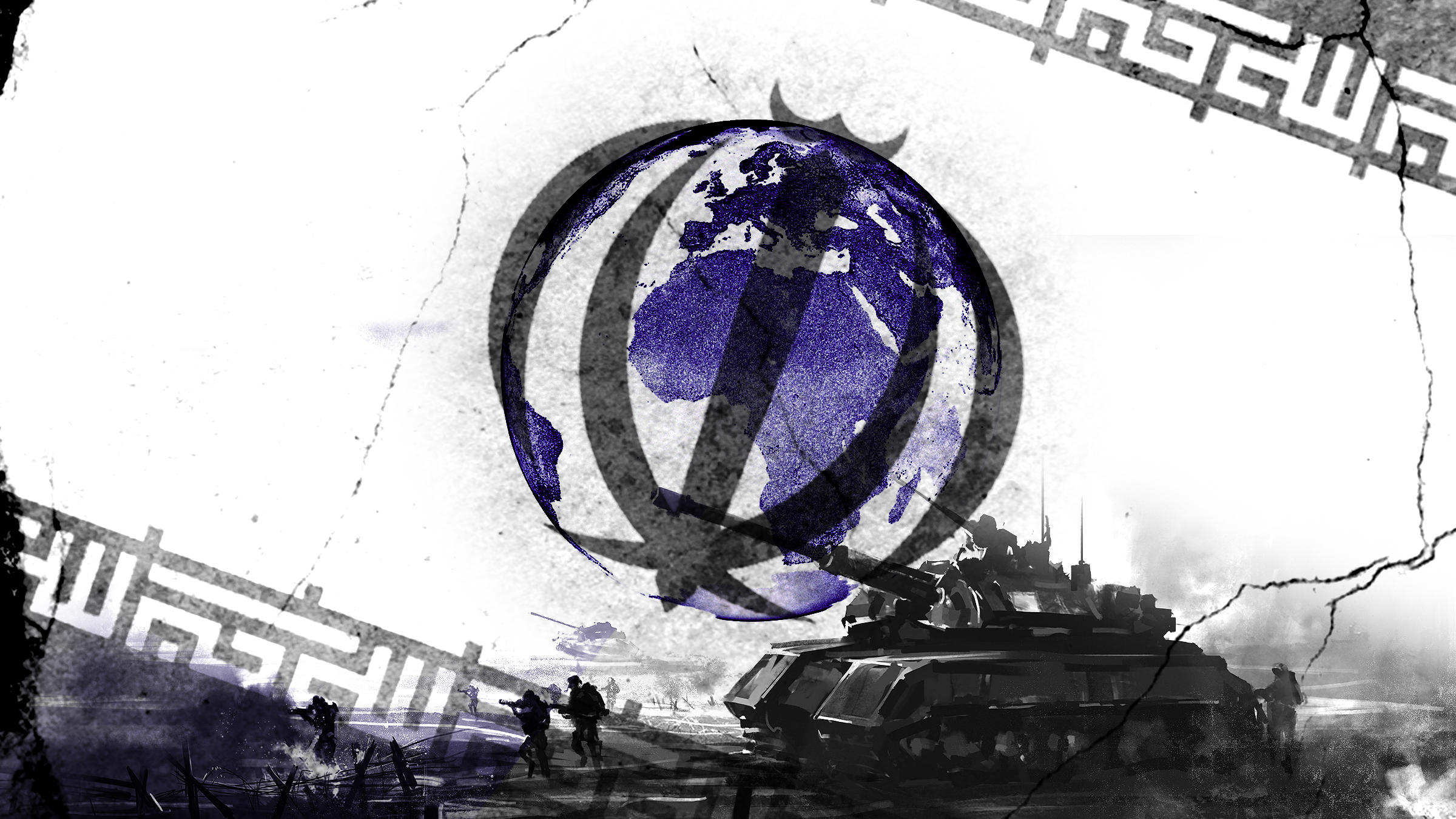Senior Fellow for Middle East Studies at the Council on Foreign Relations
Distinguished Fellow at the Stimson Center
Senior Fellow and Director of the Center for Peace and Security in the Middle East at the Hudson Institute

Host and Moderator-in-Chief
This week:
-
- New episode: Is Iran becoming a global threat?
- A closer look at the Houthis’ attacks in the Red Sea
- Your Sunday reading list
This week, a first in Open to Debate history: our debaters changed their minds while on stage.
In partnership with the Council on Foreign Relations, three international security and Middle East foreign policy thought leaders took to the stage for a vigorous debate about the threats posed by Iran in the region and beyond.
The Middle East, its stability, and the global order are at a crossroads, with rising tensions and potential conflict escalation at risk. The common denominator? Iran’s actions.
Iran is a well-known supporter of Hamas, the terrorist group that attacked Israel on October 7, and has also sponsored other proxy groups such as Hezbollah and the Houthi movement based in Yemen. Three American soldiers were recently killed by a drone strike in Jordan, and just last week, its armed forces announced they were able to launch long-range ballistic missiles from a warship and Iran’s major gas pipelines were attacked by Israel.
We specifically asked the following questions:
- Has Biden’s Diplomacy Failed?: While the President has until recently been in talks with Iran to return to conditions set by the JCPOA, their increased progress in producing 60% enriched uranium calls into question whether his efforts had been in vain or if he provided enough pressure.
- Can Israel Live with a Nuclear Iran?: Iran has been in a proxy war with the country for decades. If Iran successfully produces nuclear weapons, they may use them to attack Israel and other U.S. allies.
- Does Iran Pose a Threat to the Global Order?: The Houthi movement has been attacking ships in the Red Sea, the Gulf of Aden, and passages near the Suez Canal as a spillover of the war in Israel and Gaza. This has affected international maritime trade and led hundreds of commercial ships to divert their routes via South Africa.
Listen to this debate now on Apple Podcasts and Spotify. As always, let us know what you think.
DEBATING THE DATA
Are these the early signs of a larger global conflict?

Debating Stability in the Middle East
Context is king. We’ve examined stability in the Middle East and Iran with more than a dozen debates over the last few years. We recommend these for more insights into Iran’s global influence.

Arguing Yes: Zeba Khan, Writer and Advocate for Muslim-American Civil Engagement, and Maajid Nawaz, Director of the Quillam Foundation
Arguing No: Ayaan Hirsi Ali, Founder of the AHA Foundation, and Douglas Murray, Founder & Director of The Centre for Social Cohesion

Is the Maximum Pressure Campaign Against Iran Working?
Arguing Yes: Victor Davis Hanson, Military Historian and Author of “The Case for Trump”, and H. R. McMaster, Retired Lieutenant General of the U.S. Army & Former National Security Advisor
Arguing No: Martha Crenshaw, Terrorism Studies Expert and Author of “Explaining Terrorism”, and Abbas Milani, Iranian Studies Program Director at Stanford University
WEEKLY POINTS OF VIEW
You Are Right to Worry About the Economy
Edward Conard | February 14, 2024
The Wall Street Journal
Watch Edward’s debate on whether central banks can print prosperity
Republicans Against Border Enforcement
David Leonhardt | February 7, 2024
The New York Times
Watch David’s debate on whether the American Dream is in decline
Mary Beth Long | February 12, 2024
National Interest
Watch Mary’s debate on whether America is retreating from global leadership
How a Playwright Became One of the Most Incisive Social Critics of Our Time
Thomas Chatterton Williams | February 8, 2024
The Atlantic

















